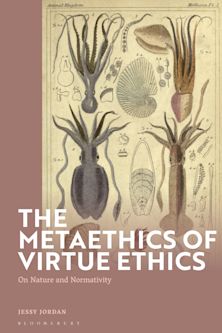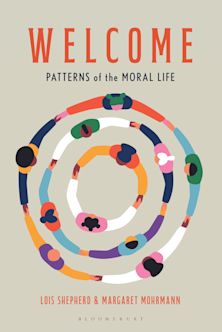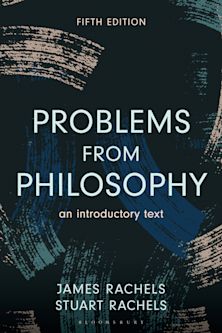Ethical Silence
Kierkegaard on Communication, Education, and Humility
Ethical Silence
Kierkegaard on Communication, Education, and Humility
This product is usually dispatched within 2-4 weeks
- Delivery and returns info
-
Flat rate of $10.00 for shipping anywhere in Australia
Description
Ethical Silence: Kierkegaard on Communication, Education, andHumility examines a new area of Kierkegaard scholarship: the ethical value of silence. Through exegesis of Kierkegaard’s later writings, works in what is known as his second authorship, Sergia Hay argues that silence is an essential element of his Christian ethics. Starting with an overview of Kierkegaard’s ideas concerning ethics and communication, Hay builds a case for a Kierkegaardian notion of ethical silence by showing how silence contributes to the fulfillment of ethical imperatives by halting chatter, setting the “fundamental tone” for ethical activity, curbing excessive self-love, and providing another mode for educating and expressing love. Most importantly, silence can be used to humble the self and elevate the neighbor, creating conditions of Christian equality. Ethical silence is not the silence of the ineffable or what cannot be said, this is the silence of what can be said but should not.
Table of Contents
Introduction
Chapter 1: Silence in Kierkegaard's Stages
Chapter 2: Kierkegaard's Ethics
Chapter 3: Language and Communication
Chapter 4: Silence
Chapter 5: Ethical Silence
Chapter 6: Exemplars of Communication
Conclusion: Consequences of Ethical Silence: Teaching, Freedom, and Responsibility
Bibliography
About the Author
Product details
| Published | 14 Oct 2020 |
|---|---|
| Format | Hardback |
| Edition | 1st |
| Extent | 126 |
| ISBN | 9781793614483 |
| Imprint | Lexington Books |
| Illustrations | 2 b/w illustrations; |
| Dimensions | 229 x 161 mm |
| Series | New Kierkegaard Research |
| Publisher | Bloomsbury Publishing |
Reviews

ONLINE RESOURCES
Bloomsbury Collections
This book is available on Bloomsbury Collections where your library has access.



































